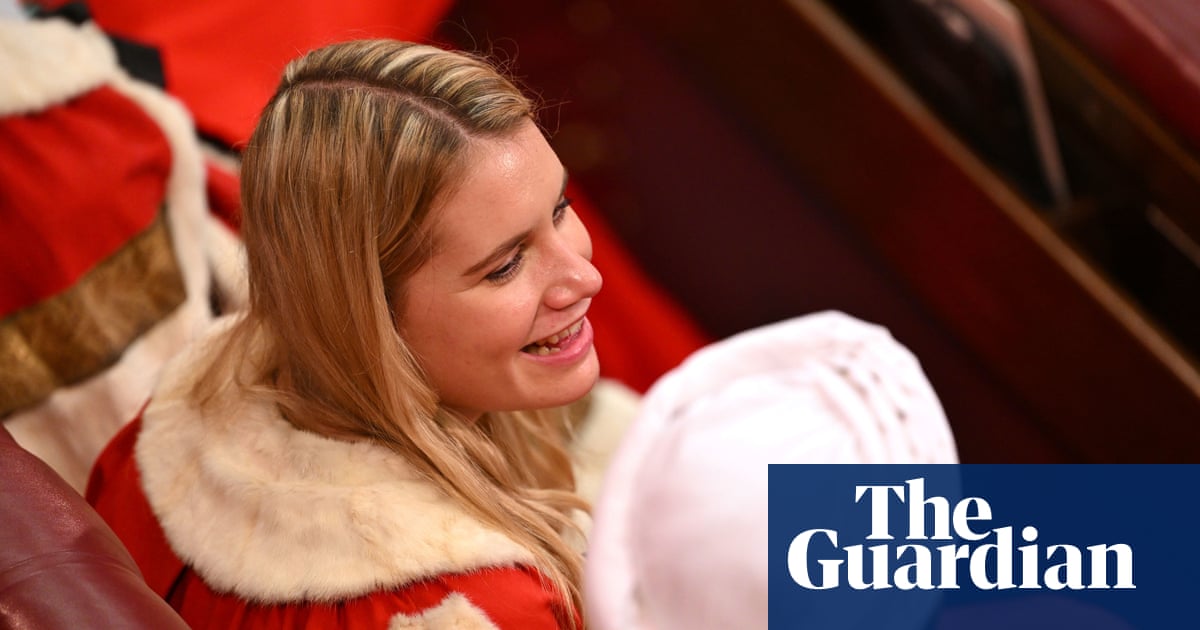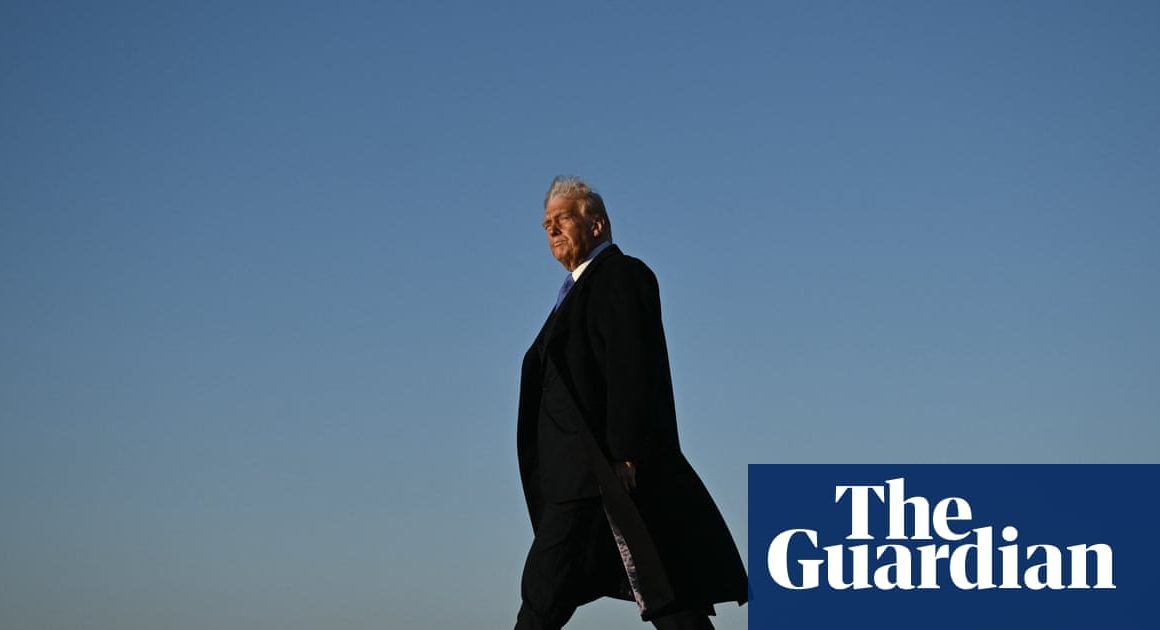The reasons given for a peerage awarded by Boris Johnson have been described as “inadequate” and a “mystery” by a freedom of information campaigner after an 18-month struggle.
Charlotte Owen, a former special adviser in the Conservative government, was appointed to the House of Lords in Johnson’s resignation honours list in 2023.
Both her appointment and that of another former special adviser, Ross Kempsell, were subject to criticism from the former prime minister’s political opponents and transparency campaigners, who called for the reasoning behind the appointments to be revealed.
Martin Rosenbaum, a journalist and freedom of information campaigner, took the House of Lords appointments commission to a first-tier tribunal in order to reveal who had written letters of citation for the two Tory peers.
The commission initially refused Rosenbaum’s freedom of information request on the grounds they contained confidential personal information, but the tribunal upheld the journalist’s arguments that releasing the information was in the public interest.
Citations for Lord Kempsell and Lady Owen recount their career histories at the heart of Johnson’s government including during the pandemic.
Owen led on “many sensitive and key projects including advising the prime minister and the chief whip on suitability for ministerial appointments during the reshuffle”, one of her citations said.
While much of the information remains redacted, the Conservative former ministers Grant Shapps and Chris Heaton-Harris were revealed as nominees for Owen.
Speaking after the tribunal’s judgment on Thursday, Rosenbaum said: “The reasons cited for nominating Owen to membership of the House of Lords do come across as very thin, inadequate and lacking in evidence of relevant achievements. They leave her peerage as a mystery rather than properly justifying and explaining it.
“I am very pleased that the documentation has now been revealed, but it shouldn’t need an argument over 18 months for the public to find out what reasons are officially provided for allocating certain people important political powers.
“Members of the House of Lords debate and vote on laws that control the British public’s lives. As a basic principle the public is fully entitled to know what reasons are given for why they have been appointed to rule over us.”
Owen and Kempsell have been contacted for comment.
Some of Johnson’s closest allies, including Priti Patel and Jacob Rees-Mogg, were also rewarded with peerages and other awards in his honours list in June 2023, which was published hours before he stepped down as an MP.












